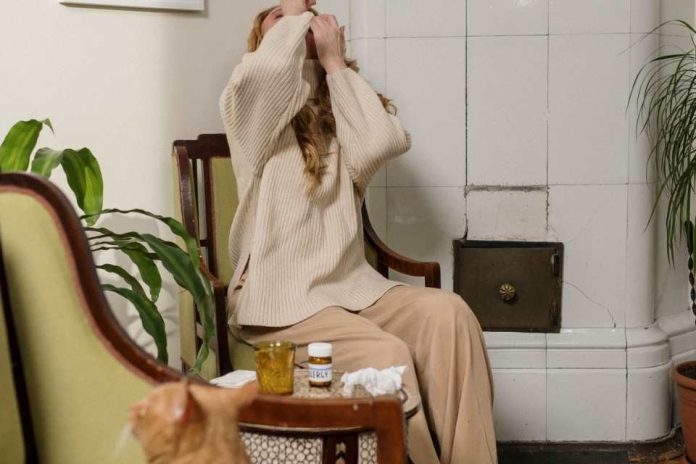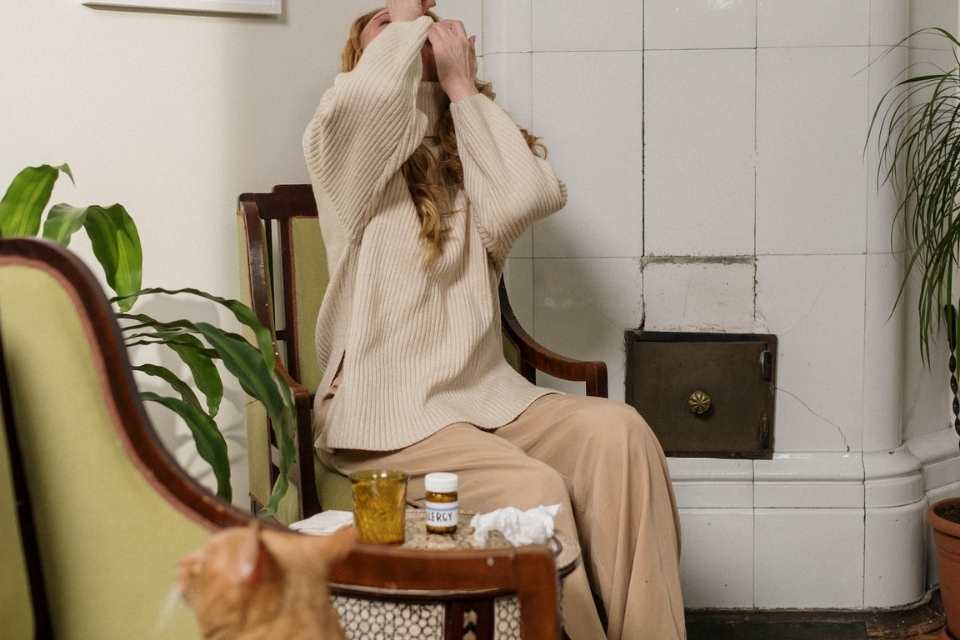
Spring is a time of year when many people experience allergy symptoms, and one of the common symptoms is eye allergies. Although this year’s season has not yet begun, climate change is already foreseeing the disease, which affects many people.
Spring eye allergies, also known as allergic conjunctivitis, are caused by an overreaction of the immune system to airborne particles such as pollen, dust and fungal spores.
In the spring, many plants produce pollen during their reproduction process. Pollen is spread through the air. When the pollen comes into contact with people with allergies, it can trigger an immune system response, leading to symptoms such as sneezing, itchy eyes, and nasal congestion.
Climate change is leading to increased concentrations of pollen in the air and earlier pollen seasons, so people with allergies must deal with symptoms for longer and with more severity.
Symptoms of spring eye allergies
Dr. Eusebio García, medical director of the Providencia Eye Clinic (COP), explains that symptoms of eye allergies this time of year may include:
- Eyes hurt.
- Eyes red and watery.
- Puffiness around the eyes.
- A gritty or burning sensation.
- Clear, watery discharge.
- Sensitive to light.
When experiencing these types of symptoms, it’s important to consult a doctor, preferably an ophthalmologist or allergist, who can make an accurate diagnosis and recommend appropriate treatment.
How to Prevent or Relieve Spring Eye Allergies
Ophthalmologist Eusebio García’s recommendations for this type of allergy include wearing sunglasses, avoiding outdoor activities during peak pollination periods, and driving with doors and car windows closed, as this prevents allergens from entering. To ventilate a space, it’s best to do it at the end of the day when pollen levels are lower.
Other recommendations include flushing your eyes with cold water to remove pollen and relieve itching, washing your hands frequently, showering, and changing clothes after being outdoors to remove traces of pollen.
If symptoms persist, your doctor may prescribe antihistamines, eye drops, or artificial tears to lubricate the eyes, depending on the situation.

Health Network Portal News Team

